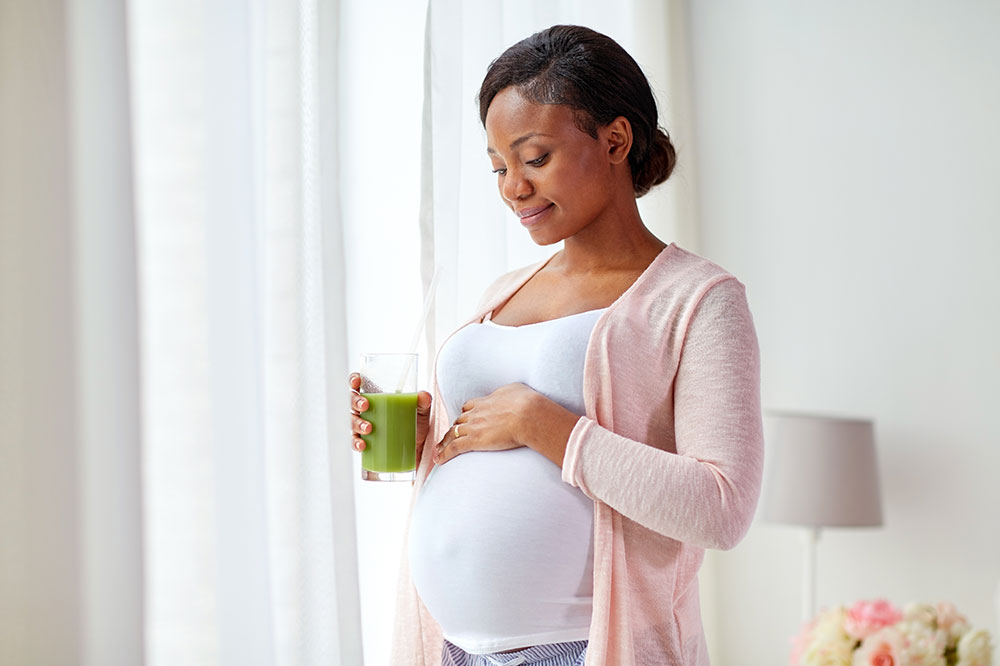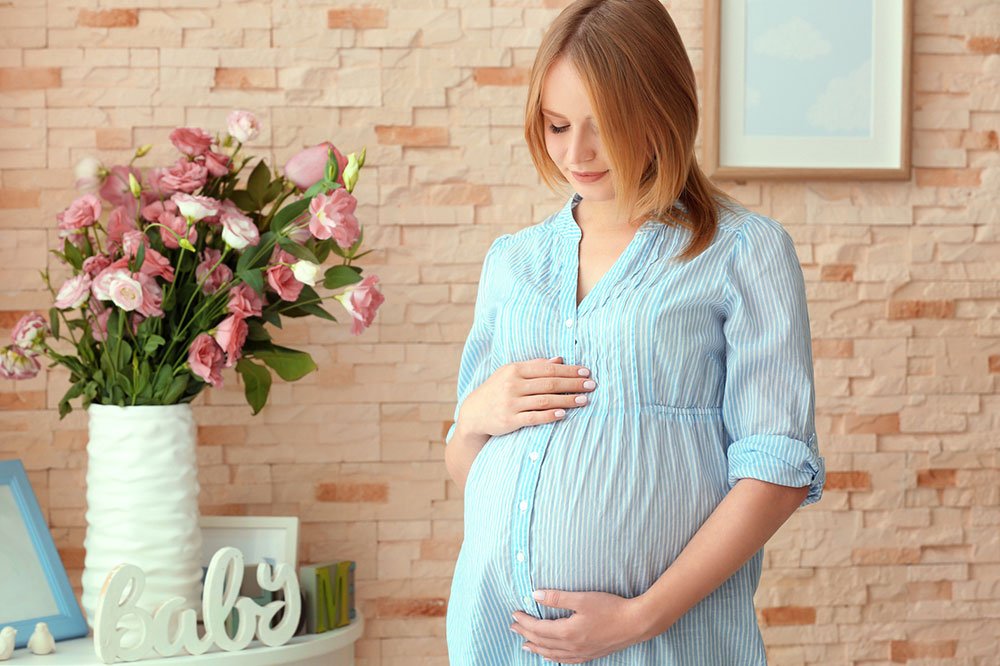Debunking 6 Common Myths About Prenatal Massage
This article dispels common myths about prenatal massage, confirming its safety and benefits. It explains that massages can alleviate pregnancy discomforts without risking miscarriage when performed by trained professionals. The piece emphasizes the importance of medical consultation, especially in high-risk pregnancies, and encourages expecting mothers to consider massage therapy as a safe option for comfort and relief. Addressing misconceptions about massage safety, weight, and specific areas like the abdomen, it provides a reassuring guide for pregnant women exploring therapy options.

Debunking 6 Common Myths About Prenatal Massage
Six widely held misconceptions about prenatal massage debunked
Expecting mothers experience a whirlwind of emotions during pregnancy, often accompanied by conflicting advice from parenting books and family elders. One topic that sparks debate is whether prenatal massage is safe and beneficial. Opinions are divided: some praise its benefits for both mother and baby, while others warn against potential risks. Scientific research confirms that prenatal massages can alleviate pregnancy-related discomforts, but widespread myths still circulate. Here, we address and dispel these common misconceptions about prenatal massage.
Myth 1 – Prenatal massages lead to miscarriage
The idea that prenatal massage causes miscarriage is unfounded. Most miscarriages occur due to chromosomal issues, maternal age, substance abuse, or improper embryo implantation. There is no medical evidence linking massage therapy to pregnancy loss.
Myth 2 – Pregnant women are too fragile for massages
Pregnancy does not make women overly delicate. While strenuous activities should be avoided, gentle massages performed by trained therapists can significantly reduce discomfort and improve well-being during pregnancy.
Myth 3 – First trimester massages are unsafe
Many believe that massage therapy should be avoided early in pregnancy due to the higher miscarriage risk during this period. However, with proper precautions, massages during the first trimester are generally safe, especially when performed by experienced professionals.
Myth 4 – Massaging the lower back is risky
Directly massaging the lumbar area during pregnancy is believed to be dangerous, but in reality, skilled therapists are well-trained to perform safe lower back massages to relieve pain without harm to mother or baby.
Myth 5 – Foot and ankle massages cause complications
Edema and joint pain are common in pregnancy. Gentle massages on the feet and ankles help reduce swelling and discomfort. There's no evidence that such massages induce premature labor or harm the fetus.
Myth 6 – Abdominal massages are unsafe
Many think massaging the abdomen can jeopardize the pregnancy, but moderate abdominal massage can be soothing for the mother and has no proven risks. Expectant mothers often instinctively rub their bellies, demonstrating its comforting effect. Always consult a doctor if unsure, especially in high-risk pregnancies.
To ensure safety, pregnant women should always seek guidance from healthcare providers before beginning any massage therapy. When done professionally and carefully, prenatal massage is a safe, effective way to alleviate discomfort during pregnancy.
Note:
Our website offers diverse information based on thorough research. While helpful, these articles should not replace medical advice. Always consult healthcare professionals regarding pregnancy care strategies. The site may not cover all offers or schemes available for expecting mothers.









